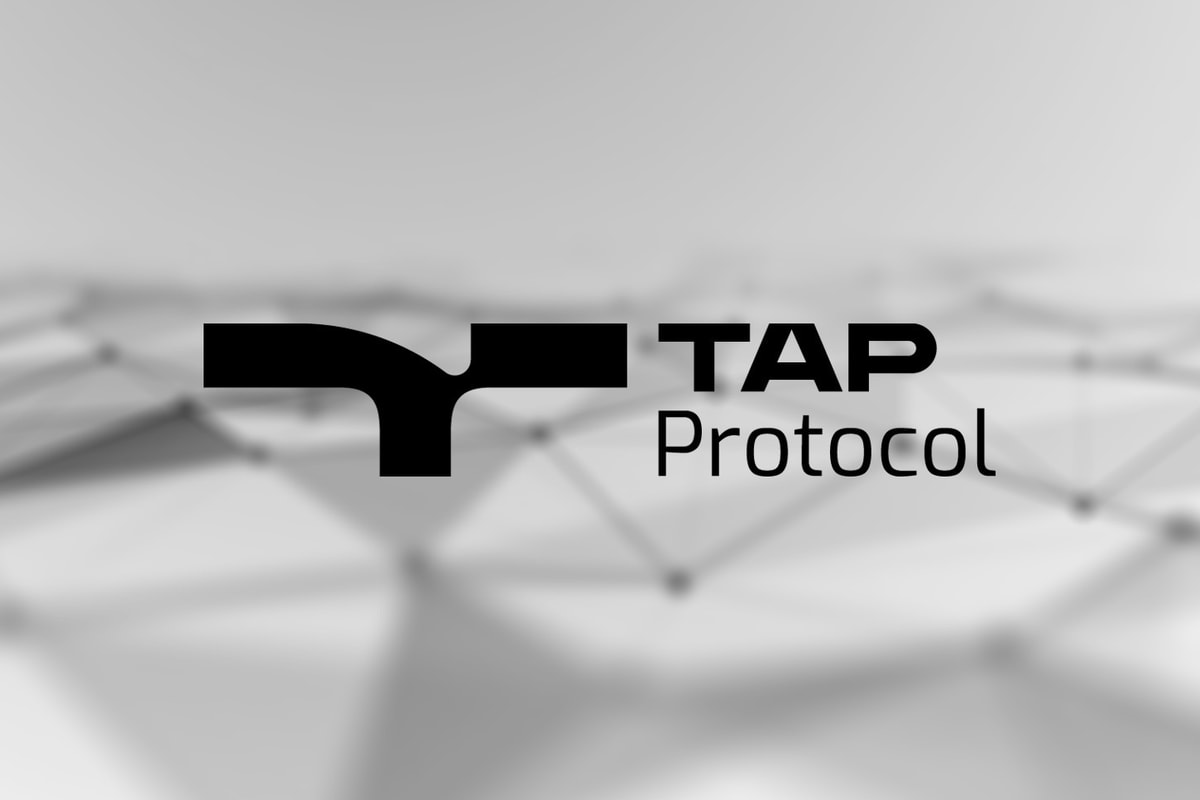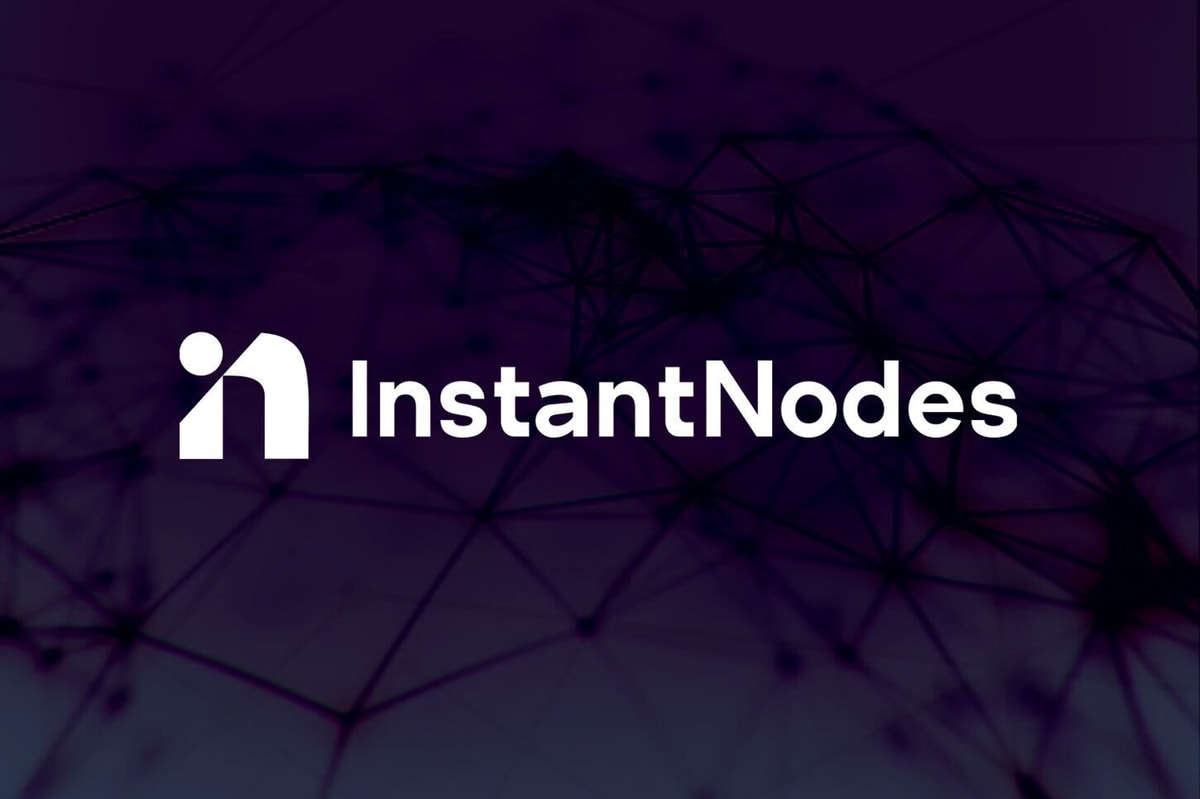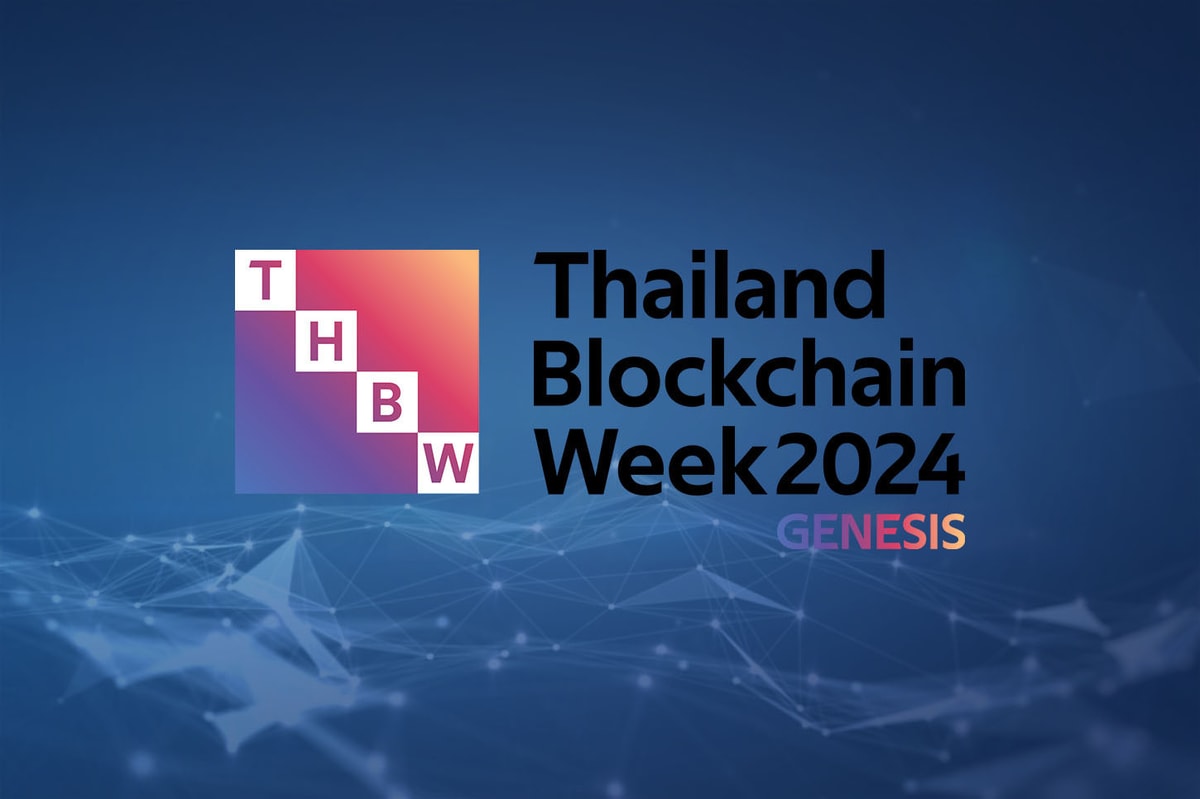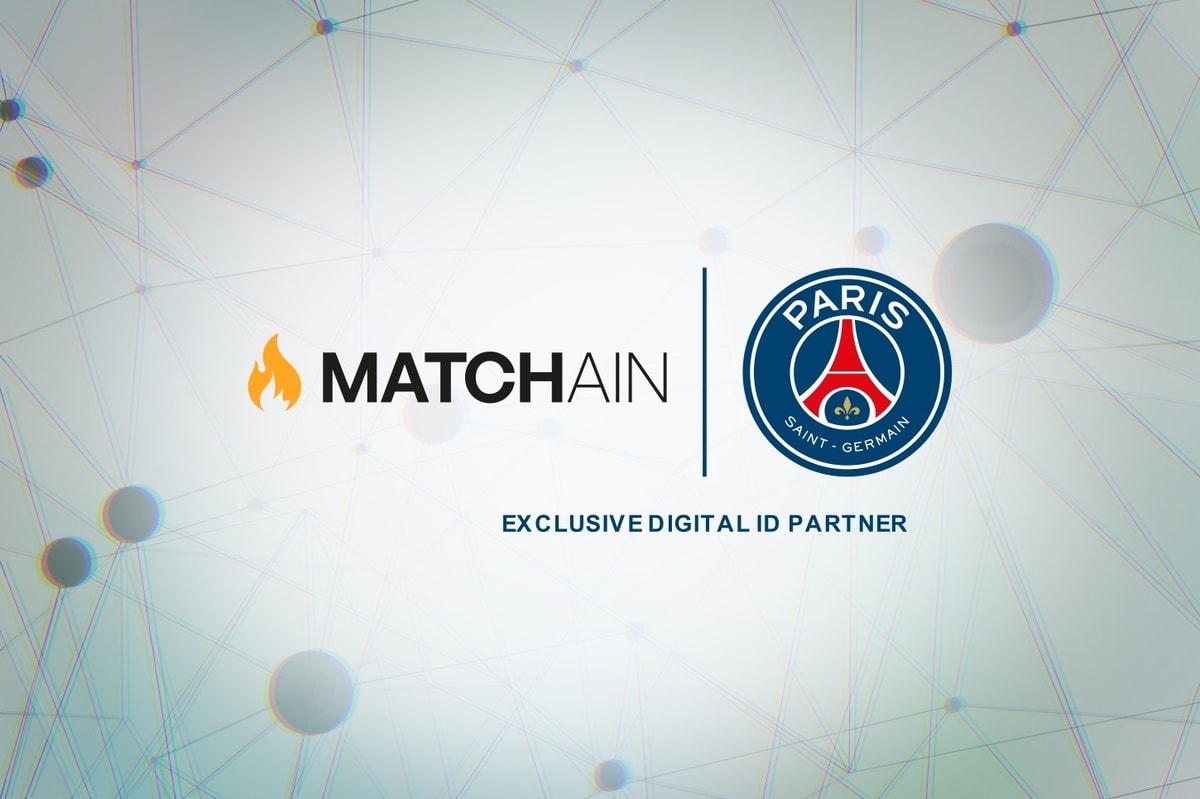KaratDAO’s first self-funded decentralized application (DApp) was launched in June 2022 at Consensus. The DApp garnered over 150,000 registrations and over 30,000 paying wallets in the first week. While the rooftop pool party was upbeat and Austin was buzzing, the same could not be said for the overall market.
Elysium Austin Recap 🏙️
— KaratDAO 🥕 The Largest Data Network on zkSync (@KaratDAO) June 18, 2022
Big thanks for joining us as we loved meeting all the different faces in our community ✨ pic.twitter.com/HYWLRLEcA4
What Karat’s founders didn’t know then was that the industry was on the precipice of a bear market that would drive down investor sentiment and diminish opportunities for traditional funding. Quickly realizing that relying solely on volatile cryptocurrencies for revenue generation would not suffice, the Karat team devised a plan. They combined traditional revenue streams with blockchain technology, recognizing the importance of generating reliable income to sustain their operations.
Karat offered tailored solutions through partnerships with enterprises. Leveraging their expertise in blockchain technology, the team provided consulting services to businesses seeking decentralized solutions. Karat generated income while fostering relationships with established industry players.

Karat’s partners, validators and investors. Source: Karat
By collaborating with industry leaders, including Chainge, Kucoin Community Chain, Polygon, Ankr and others, Karat gathered insights from all around the blockchain space, identifying pain points and inefficiencies. After assessing the challenges that these projects were facing, Karat developed custom-built blockchain solutions that not only addressed these challenges but also offered tangible benefits in the form of actionable intelligence and Web3 native tooling.
During the exploration of various use cases, Karat’s expertise in data querying and user behavior tracking identified a major deficiency in data integration across Web2 and Web3. In facilitating the secure and private connection of these different types of identifiers, Karat is building out an entire ecosystem that is specifically designed to eliminate the issues it witnessed firsthand. Data is the most important infrastructure for all future AI or digital apps. The more data a service provider has, the better services it can provide. However, how do users decide how much to share? Where is the one-stop portal that allows users to clearly outline how much data they want to share and who they want to share with?

Members of Karat’s LA-based business development, operations and marketing teams. Source: Karat
While each of Karat’s products aims to eliminate or ease the burden that the data divide causes, the ultimate goal is the Karat Network. The Karat Network is a decentralized data network that utilizes ZK and MPC technology to empower individuals and projects to securely control and share their Web2 and Web3 data. By leveraging the immutability, transparency and security of blockchain, Karat will revolutionize the collection, storage and sharing of data. After refining the vision of Karat Network, the initiators of Karat have raised over $800,000 from investors such as Emurgo Ventures, BitMart, NEO EcoFund, Longling Capital, 2 Mile Capital and more.
Since the initial launch of the Karat network, the company has experienced promising early success. Within the first month, the platform attracted over 300,000 verified users, including over 83% wallets that have more than $200 in crypto assets. The transaction volume has surpassed 500,000, indicating active engagement and repeat usage, and the network has received overwhelmingly positive feedback from validators and claimants. Moreover, increased interaction on social media demonstrates growing momentum surrounding the KaratDAO ecosystem.
In the upcoming months, Karat is releasing multiple DApps on top of its MPC data network that merges users’ Web2 and Web3 identities, including W3Auth — a novel Web3 authentication and authorization standard enabling users to sign in with Ethereum, store their data on the Karat network, and retain control over it. In contrast to the prevalent Web2 protocol OAuth 2.0, W3Auth operates entirely on-chain, bolstering transparency and user data control. Utilizing decentralized identity standards and smart contracts, it ensures direct user ownership and management of data. This approach eradicates the need for trusted third parties and rewards users for sharing data access.
The W3Auth process involves user authentication through Ethereum wallets, data uploading to the Karat network with MPC technology encryption, and data authorization where users grant access to their data for DApps. Permission is stored on the blockchain for transparency and auditability, and participating users can earn rewards.
Additionally, zkSync’s demonstration of native Account Abstraction has enabled the integration of paymasters who can pay fees or register verifiable credentials at no cost to users. Karat will integrate this technology to facilitate the user onboarding experience. More updates on this development are expected soon.
With five products and features being released this summer, Karat will also be completing its million-dollar initial DEX offering (IDO) with the 300 Karat KOL validators from Hong Kong, South Korea, Japan and more. Right after the IDO, Karat is going to release the minting page of its 30,000,000 KAT tokens for the 300,000 participants in Karat’s Space Odyssey. Listing on multiple exchanges will follow in August.
Karat’s journey, from navigating the bear market to establishing itself as a leading data network, exemplifies the resilience and adaptability required for success. By focusing on creating traditional revenue streams, exploring diverse use cases and recognizing the potential of a decentralized data network, Karat has positioned itself as a triumphant force in blockchain innovation. Looking ahead, the Karat team is dedicated to fostering a decentralized ecosystem where individuals have complete control over their data and its utilization.











